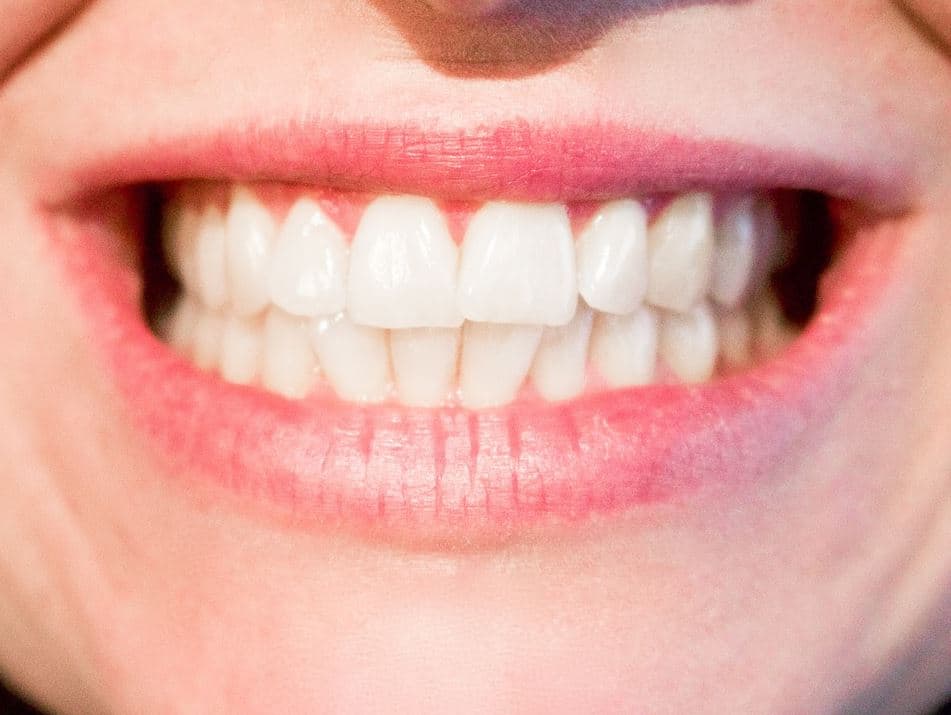
Curious about cavities? While we all know that sugary foods cause the tooth decay that leads to cavities, other details may be fuzzier thanks to misinformation and old wives’ tales. Here’s the truth behind five common dental cavity myths.
1. Cavities hurt
The process of tooth decay doesn’t become painful until the nerve endings become involved. At that point, the cavity is severe and may require a root canal rather than a simple filling. That’s why it’s so important to have regular checkups from your dentist, who can take care of decay before it becomes advanced.
2. Children are more likely to get cavities than adults
While cavities are often associated with children and their sweet tooth, the fact is that tooth decay affects adults as well. In fact, preventive care and fluoridated water have reduced the incidence of cavities in children. At the same time, seniors are more likely to get cavities thanks to medications that reduce saliva, which washes away cancer-causing bacteria.
3. Cavities in baby teeth don’t need to be treated; they’ll fall out anyway
Dental hygiene is just as important for children as it is for adults. While it’s true that baby teeth will fall out to make way for permanent teeth, untreated decay can cause pain, abscess, and infection that can spread to other parts of the body.
4. Snacking helps prevent cavities
The reasoning behind this myth states that snacking produces saliva, which washes bacteria from the teeth. While this is a function of saliva, frequent snacking actually does more harm than good when it comes to cavity prevention. That’s because eating produces acid that damages the enamel of the teeth, making them more susceptible to cavities.
5. Mercury fillings are harmful
While you might be deterred from seeing the dentist if you’re concerned about fillings that contain mercury, the fact is that fillings contain a different substance than the harmful mercury we’re advised to avoid. The mercury amalgam most commonly used in dental fillings has been approved as safe by the Food and Drug Administration, Environmental Protection Agency, and Centers for Disease Control and Prevention.
The most important fact to know about cavities is that prevention can keep you from serious dental problems. It’s about more than just brushing teeth after every meal. You should also floss at least twice a day and visit your dentist regularly to ward off tooth decay.
Emma Sturgis
Recent Posts
- Castor Oil For Better Hair Growth: Is It Myth Or Fact?
- Exploring the Differences Between Sermorelin, Ipamorelin, Ibutamoren, GHRP2, and GHRP6: Understanding Their Role in Human Growth Hormone Regulation
- Unraveling the Mystery: Understanding the Causes and Prognosis of Ventricular Tachycardia Without Apparent Heart Disease
- Understanding Grandparents’ Rights in Oklahoma: Navigating Visitation and Legal Protections
- 10 Reasons to Consider Hypnotherapy for Your Health

